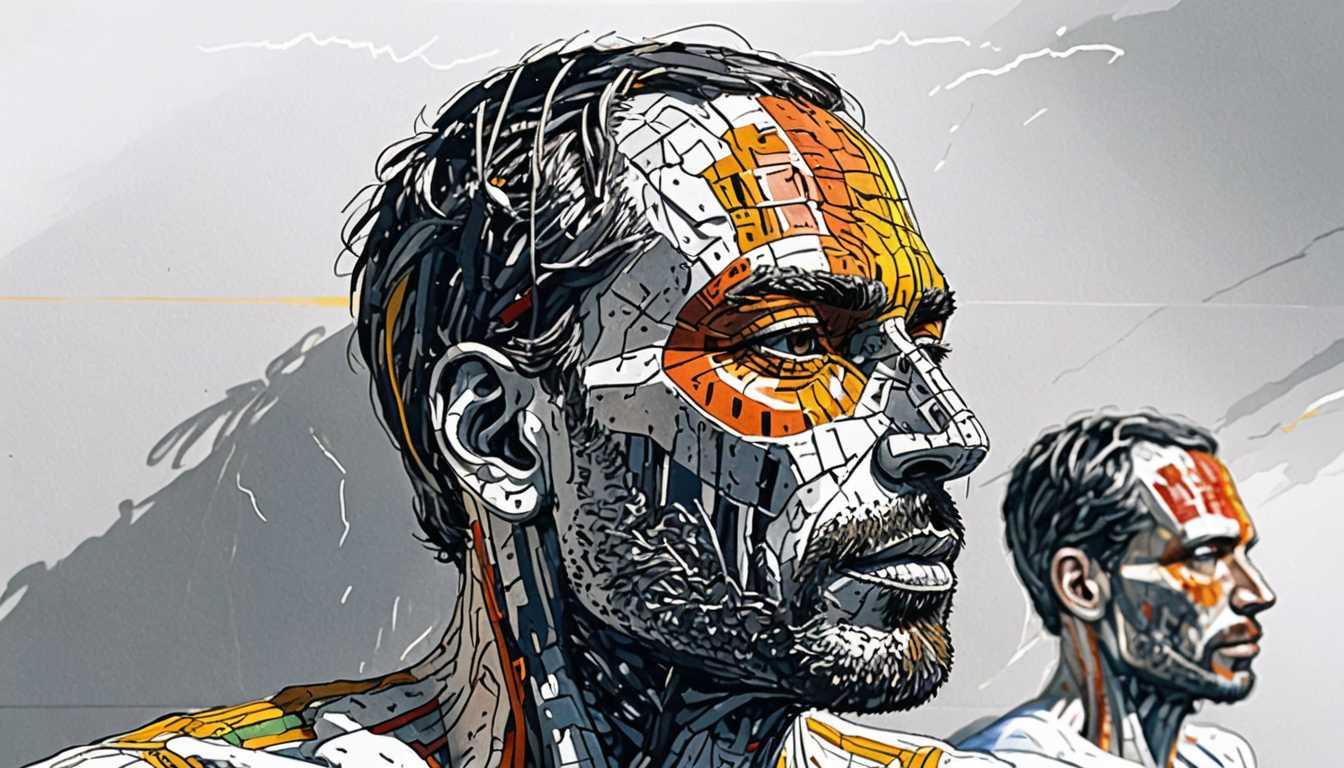Quantum Twist: Chaos & Order Unite
September 2023
Cornell University
Introduction
Dive into the quirky world of quantum computing with Cornell University's latest discovery! Imagine window glass—chaotic yet orderly, right? That's exactly how researchers describe a baffling quantum state they stumbled upon. While tinkering with quantum algorithms and error correction, they found a quantum spin-glass state where quantum bits (qubits) behave like a wild party—random yet in sync. This accidental find could revolutionize how we protect data in quantum computers. Get ready to have your mind twisted in the best possible way!
READ FULL ARTICLEWhy It Matters
Discover how this topic shapes your world and future
Unlocking the Quantum Puzzle
Imagine a world where computers operate not just faster than the ones we have today, but in a fundamentally different and more powerful way. This is the promise of quantum computing, a field that blends the strange rules of quantum mechanics with the digital world. At its heart, quantum computing uses qubits, which, unlike the bits in classical computers, can represent a 0, a 1, or both at the same time, thanks to a property called superposition. However, qubits are extremely sensitive to their surroundings, leading to errors that can scramble the information they hold. Researchers at Cornell have stumbled upon a quantum state called a "quantum spin-glass" during their quest to make quantum computing more reliable. This discovery is not just a step towards error-proof quantum computers but hints at a new way of protecting information in quantum systems. For you, this could mean living in a future powered by quantum technologies, from ultra-secure internet communications to super-fast calculations for science and medicine. Understanding the challenges and breakthroughs in quantum computing could spark your curiosity about the quantum world and its vast possibilities.
Speak like a Scholar
Quantum mechanics
The branch of physics that deals with the behavior of particles at the smallest scales, where the usual rules of classical physics do not apply.
Qubits
The basic unit of quantum information, similar to bits in classical computing, but with the ability to exist in multiple states simultaneously due to superposition.
Superposition
A quantum principle where a particle can be in multiple states at once, a key feature that allows qubits to perform complex calculations more efficiently than classical bits.
Quantum spin-glass
A state in quantum systems where qubits exhibit both disorder (random values) and rigidity (linked behavior), discovered during research into quantum error correction.
Error correction
Techniques used to detect and correct errors in data, especially vital in quantum computing where qubits are highly susceptible to environmental noise.
Subsystem codes
A method of quantum error correction that uses multiple representations of the same information to simplify the detection and correction of errors.
Independent Research Ideas
Exploring quantum entanglement
Investigate the phenomenon where qubits become interconnected and the state of one (whether it's a 0, a 1, or both) can instantly affect another, no matter the distance between them. This could unravel new ways of secure communication.
The role of environmental noise in quantum computing
Examine how external factors like cosmic rays or magnetic fields affect qubits and the strategies to shield them. This could lead to designing more robust quantum computers.
Quantum algorithms and randomness
Delve into how randomness is used in quantum algorithms and its implications for computing and cryptography. Understanding randomness could be key to unlocking new quantum states.
Quantum computing and drug discovery
Explore how quantum computing could revolutionize the pharmaceutical industry by simulating molecular structures in ways classical computers cannot. This could speed up the development of new medicines.
The future of quantum internet
Research the potential of quantum computing to create a new kind of internet that is ultra-secure, using the principles of quantum mechanics. This could transform how we protect our digital information.
Related Articles

Quantum Computing's Exotic Twist
April 2023
Cornell University

Quantum Leap: Spin Squeezing Simplified!
August 2024
Harvard Gazette

From Blurry to Brilliant: MIT's Discovery
January 2023
Massachusetts Institute of Technology (MIT)

Unlocking the Future of the Internet
May 2024
Harvard Gazette

Tuning Into Alien Chatter
February 2022
UC Berkeley